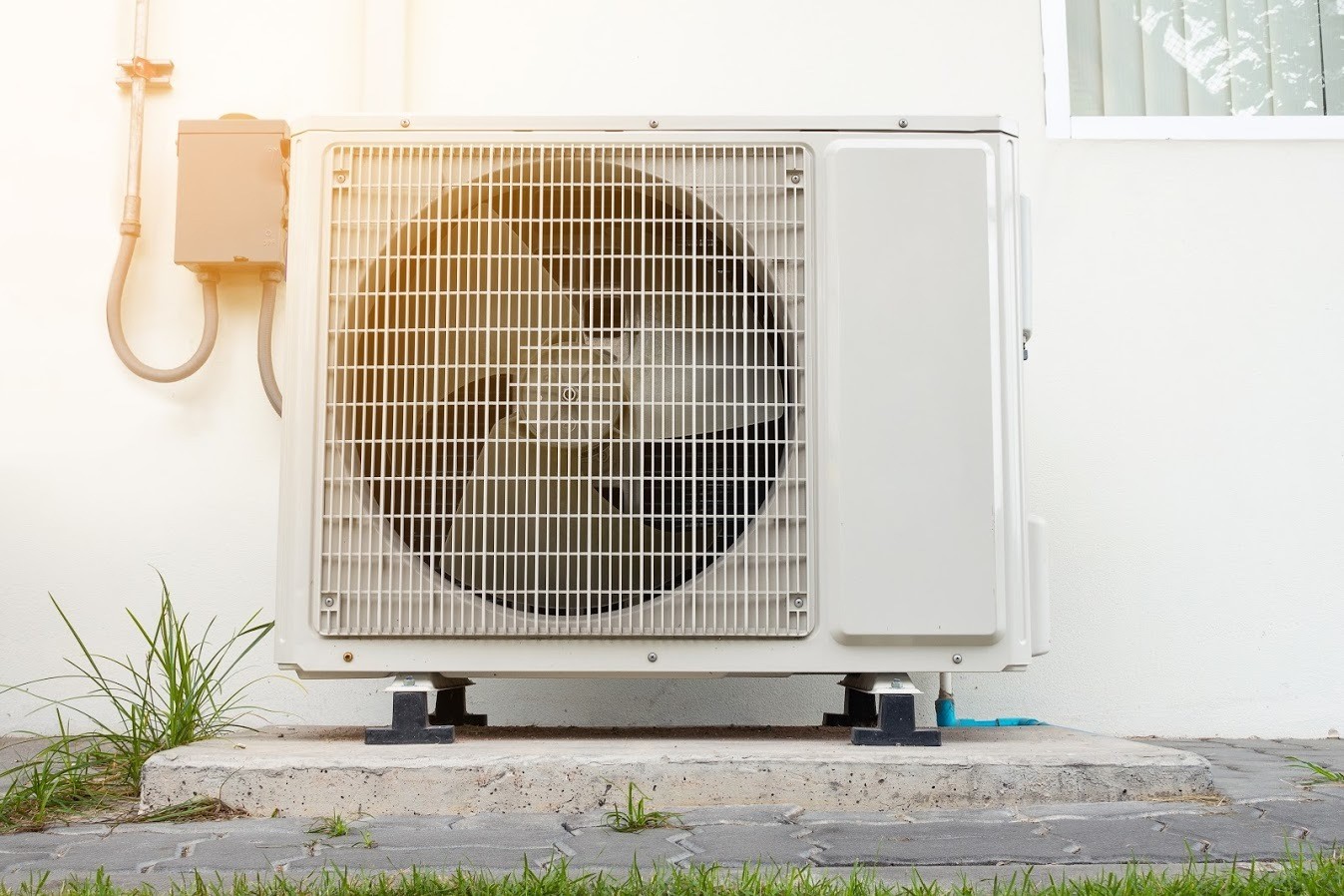2 Common Causes of Insufficient Compressor Lubrication
07/17/18

Most residential air conditioners utilize reciprocating compressors to pressurize the gaseous refrigerant. The compressors ensure that the refrigerant flows readily through the system. Reciprocating compressors work in the same manner as automotive engines, with pistons that move back and forth inside of a closed cylinder.
Also like automotive engines, reciprocating compressors require constant lubrication to prevent damage from friction. If lubrication levels drop too low, then problems will soon ensue, and the compressor stands a high risk of overheating and burning out. This article takes a closer look at two common causes of insufficient compressor lubrication.
1. Refrigerant Leaks
A reciprocating compressor receives lubrication from oil. This oil resides in the crankcase of the compressor. There, the oil comes into direct contact with the gaseous refrigerant flowing in through the suction line. When the flow rate of refrigerant remains high enough, it naturally sweeps some of the oil along with it.
This oil movement is undoubtedly a good thing since it helps to ensure that all parts of the compressor receive adequate lubrication. In addition, the vast majority of the oil remains inside of the crankcase reservoir. And in a well-working system, any oil carried out with the refrigerant will eventually cycle back through into the compressor.
However, in systems that have refrigerant leaks, oil supplies will gradually dwindle. As refrigerant escapes through tiny holes, it carries oil along with it. The remaining refrigerant then picks up new oil, which in turn moves out through the damaged areas.
Refrigerant leaks may occur at any point in an air conditioning system. That said, leaks tend to occur more commonly in certain areas. For example, the refrigerant lines leading to and from the indoor evaporator coil can be easily damaged, leading to leaks. In addition, the evaporator coil itself often develops leaks as the result of corrosive acids that form on the outside of the coil during operation.
To prevent unwanted oil loss, be sure to have your refrigerant charge measured regularly to ensure the levels haven’t gone down. If they have, a technician will need to perform additional tests to try and pinpoint the precise location of the leak.
2. Refrigerant Slugging
So long as the refrigerant remains in a gaseous state, it won’t mix with the oil. Instead, as noted above, the oil gets carried along simply by the velocity of the refrigerant. However, if the refrigerant turns back into a liquid while inside the compressor, then it will be capable of mixing with the oil.
Under normal circumstances, liquid refrigerant should never enter the compressor – however, sometimes it does. This unwanted movement is called slugging. When slugging occurs, the liquid refrigerant saturates the oil mixture. When the compressor comes on, the pressure inside the crankcase will drop suddenly.
This decreases the amount of refrigerant necessary to maintain saturation with the oil. The rest of the refrigerant instantly vaporizes as a result of the pressure drop. As the refrigerant vaporizes, it causes the mixture of oil and liquid refrigerant to boil, creating a light, foamy mixture.
Unfortunately, when this happens, the result often involves oil flowing out of the crankcase along with the refrigerant. Within as short a span as one minute, all of the oil may have left the compressor. As you can image, this sudden loss of oil puts the compressor at serious risk of overheating. Should the problem persist long enough, a blowout nearly always follows.
To keep your system running correctly, an experienced technician should periodically inspect your compressor’s oil levels. For more information about this vital part of AC maintenance, please contact Cincinnati’s cooling pros at HELP Plumbing, Heating, Cooling and Drains.
Posted in: Air Conditioning, Cooling, Knowledgebase, Maintenance




